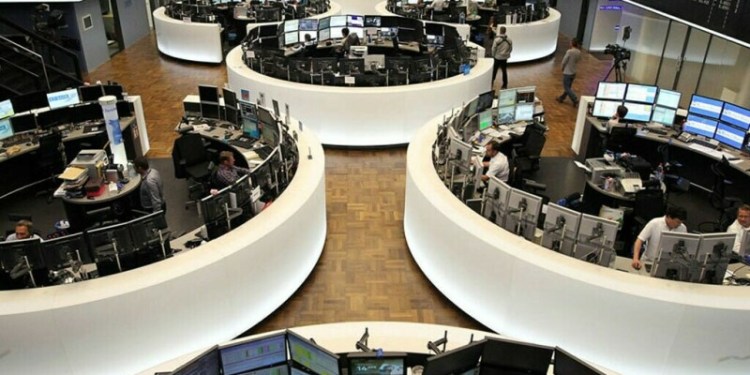BRUSSELS: The EU hailed a near three-fold jump in soybean imports from the United States on Wednesday, attributing the surge to “market forces” and not last week’s highly touted trade deal with President Donald Trump.
“The European Union can import more soybeans from the US and this is happening as we speak,” European Commission President Jean-Claude Juncker said in a statement.
Trump and Juncker, who handles trade policy for the EU member states, met at the White House on July 25 to defuse a deepening trade row between the two major economies.
A vaguely worded statement after the talks said both sides would work to reduce barriers and increase trade in a range of products including soybeans.
The mention of soybeans in the trade truce, which stopped Trump from hitting Europe with punishing auto tariffs, was a key condition set by Washington.
The data on Wednesday from the European Commission showed that EU imports of soybeans from the US increased by 283 percent between July 2017 and July this year.
US soybeans accounted for 37 percent of total imports, compared to 9 percent in July last year.
“The target and the objective is to increase soya beans imports from the US and this is what is effectively happening due to market forces,” EU Commission spokeswoman Mina Andreeva told reporters in Brussels.
“We are not forcing private companies to buy more soya beans. We let the market forces develop which is working as you see in the report today,” she said.
The data will serve to assuage Trump who immediately after the talks boasted that Europeans “would start buying soybeans from our great farmers immediately.”
In reality, the surge is due to Chinese tariffs on US soybeans set as retaliation against Trump’s decision to impose hefty duties on $34 billion worth of Chinese machinery, electronics and high-tech gear.
The development has reshaped the global market for soybeans, diverting produce from Brazil — originally intended for Europe — towards China, slashing the price of US exports.
The EU’s insistence on “market forces” also addresses concerns in Europe where Juncker’s promise to Trump on soybeans rankled farm-producing member states, especially France.
Sowing confusion, once back in Brussels EU officials firmly denied agriculture was part of the White House agreement, all while their top US counterparts in Washington assured that it was.
Source: Brecorder


























